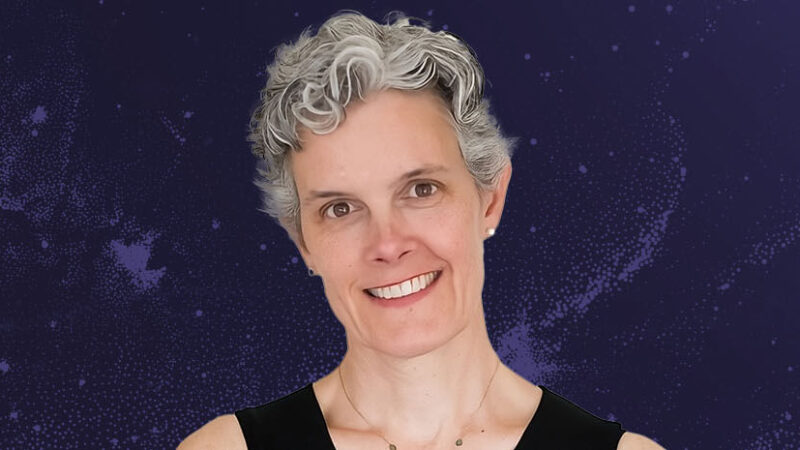
Many people find themselves surprisingly busier in the summer than they expect to be. The chief reason we’re surprised is that the summer brings new projects that we often don’t count as projects and we have to weave those projects in with the projects we set in motion in the spring.
Why don’t we count the new projects that summer brings? Simple—many of us don’t count “life” activities as projects or prioritize “life” activities in the same way we do “work” projects. There’s an artificial divide between the work we do and the “life stuff” we do.
But here’s the thing: regardless of whether something falls into the “work” or “life” bucket, it’s going to take time, energy, and attention to get done. My definition of project in Start Finishing is anything that requires time, energy, and attention to complete. The upshot of looking at things this way is that it helps us see more clearly all the stuff we’re carrying and trying to do.
So, what are some “life” projects?
Summer trips are projects.
Transitioning kids from being at school all day to being at home all day for the summer is a project. (As is transitioning them back into school.)
Figuring out how to keep said kids fed every day is a project (that then turns into a new daily routine).
Maintaining yard care equipment is a project (that then turns into a new weekly routine of taking care of the lawn.)
Cleaning out the garage is a project.
Getting the motorcycle and/or bike ready for the season is a project.
I could go on, but you get the point. All of those are summer-specific projects that fall in our laps after the spring. But when we’re setting plans in spring, we’re often not thinking about them because they’re not in our face in the same way as a kid asking where the milk is (where it always is!) or the weeds that are peeking over the window to the backyard.
If it were just that new projects blossom in the summer, it would be one thing. But conjoined with new projects blossoming is that many of us often want to work less in the summer—and, for some of us, the desire to slow down isn’t just emotional, but something primal or spiritual. The long, hot days of summer changes some of us from hard-driving, high-energy, can-do folk into a walking Jimmy Buffet song.
Though we find ourselves in this position every year, it can be hard to see the pattern. Part of it is just the pace of life, but the other part is that we too often think of ourselves as invariant robots rather than the animals we are. Every other animal adapts to the changing world around it—artificial lights and air conditioning may allow us to alter the environment, but the changes still affect us more than we like to let on.
If you’re finding your summer busier and more compressed than you’d like it to be, here are three questions that will help you sink into the season:
- What new or recurring seasonal projects emerged that you hadn’t planned for or didn’t fully acknowledge as a project?
- Which of the projects you planned in the spring can be put on hold or dropped to make space for this summer’s projects?
- Are there any shifts to project timelines or your daily work schedule that would help you keep momentum on your projects while sinking into feeling of summer?
You might also check out Samantha Brody’s Overcoming Overwhelm—it’s a fantastic book that explains how overwhelm shows up in our bodies, hearts, and heads and what to do about it.
Better to adjust now than spend the summer feeling like you’re behind and unable to enjoy the people, nature, and energy of the season.

Charlie Gilkey is the founder of Productive Flourishing, a company that helps professional creatives, leaders, and changemakers take meaningful action on work that matters. He is the author of The Small Business Life Cycle, and is widely cited in outlets such as Inc., Time, Forbes, the Guardian, Lifehacker,and more. He’s also an Army veteran and near-PhD in philosophy. He lives in Portland, Oregon. For more, visit productiveflourishing.com .

Pre-order your copy of Charlie’s forthcoming book,
Start Finishing: How to Go from Idea to Done from your favorite retailer below!
Sounds True | Amazon | Barnes and Noble | IndieBound

Pin It!







